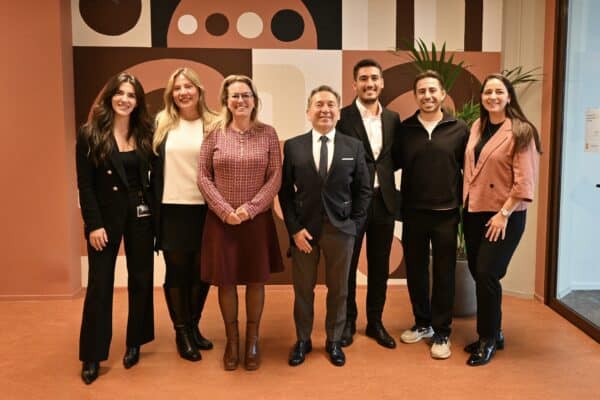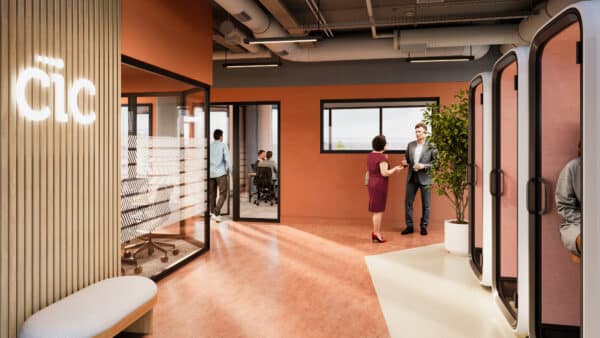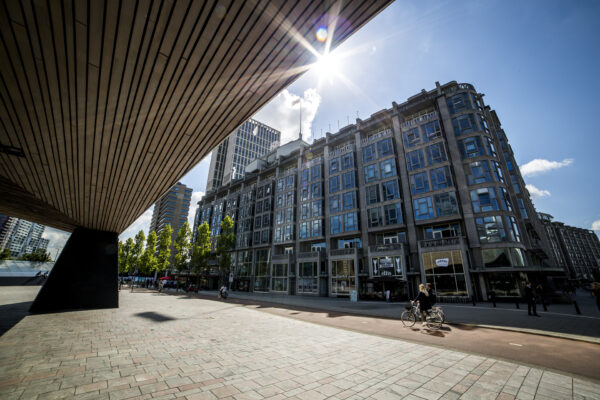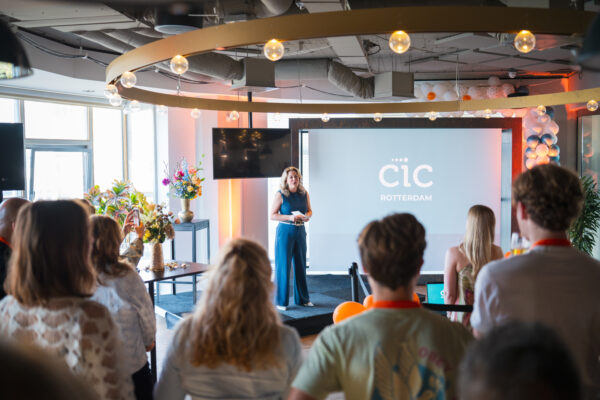At CIC, we see an increasing number of companies working on sustainable solutions. Meet a few of these promising initiatives we interviewed about their industries, challenges, decisions and goals and how they reflect on the innovation opportunities and challenges in Rotterdam.
Rabobank has always had collaboration at its heart. Having started out as a cooperative bank more than 120 years ago, it has long had a tradition of working for its clients and together with them. The same applies to its sustainability mission, too. “At Rabobank, we believe that we should be more than just a normal bank,” says Serat Gedik, Product Owner Sustainable Business Development.
“We have a sustainability mission and we work daily on solutions that create positive impact.” The mission they go by is rather straightforward: Growing a better world together. It is not just about making the world more sustainable, but also about doing it collaboratively. “We cannot do it alone, so we look for ways to translate our sustainability goals to our clients and work on them together,” Serat adds.
Keyword: Transition
Önder Ulucan is Relationship Manager Corporate Clients at Rabobank and he knows exactly what it is that those clients are going through, working on and looking for.
“I talk to clients every day and if there is one key word that keeps coming up, it is transition,” he says. “In a lot of sectors, there is a need for transition to sustainability.” At Rabobank, too, Serat, Önder and the rest of their teams have been making steps towards becoming more sustainable as an organization as well as helping others in their own transition. Looking back, five years ago sustainability was not on top-of-mind for employees at Rabobank
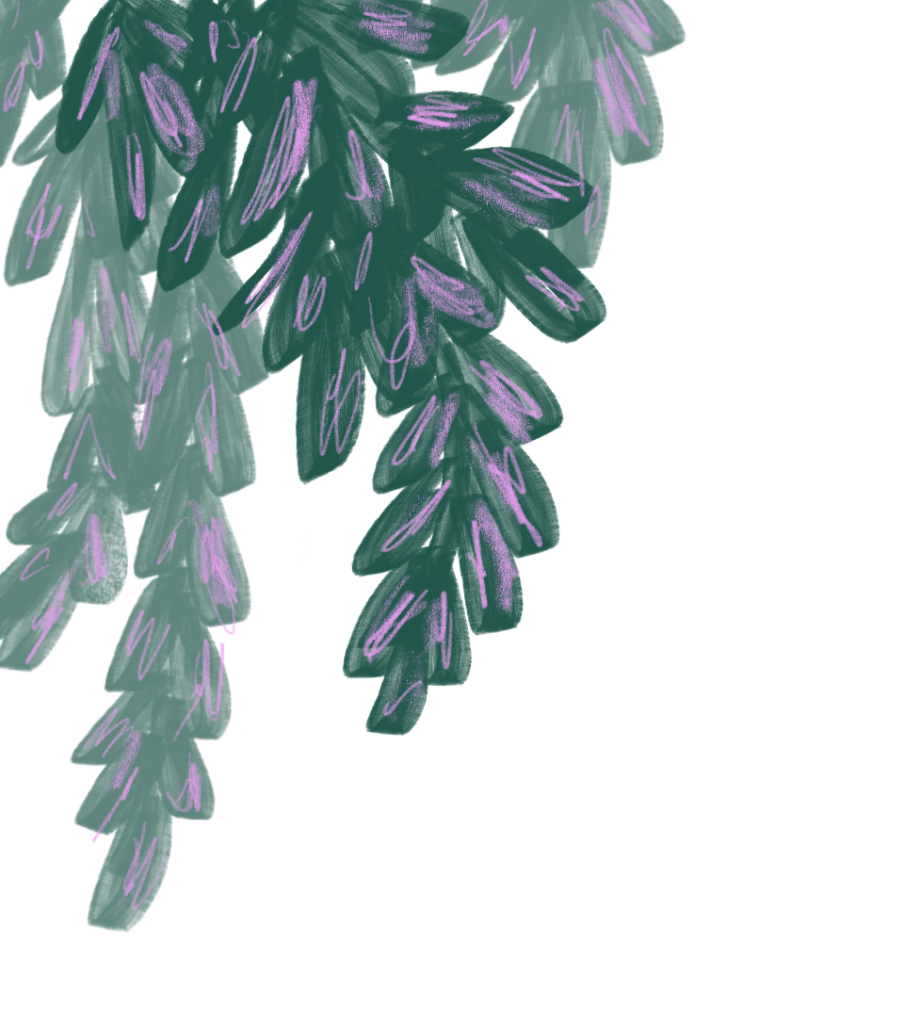
“I talk to clients every day and if there is one key word that keeps coming up, it is transition,” he says. “In a lot of sectors, there is a need for transition to sustainability.”
At Rabobank, too, Serat, Önder and the rest of their teams have been making steps towards becoming more sustainable as an organization as well as helping others in their own transition. Looking back, five years ago sustainability was not on top-ofmind for employees at Rabobank.
“We first needed to educate our own employees on the value of sustainability,” Önder says. “We needed to bring them the right knowledge and skills so they can then pass them on to our clients.”
Today, things look a lot different. Sustainability has become part of Rabobank’s DNA and is a lot more than just a buzzword that has to be pushed down by management. Teams have adopted sustainability as part of all the work they do and not just as a nice-to-have.
“There has been a sense of urgency for us to become more sustainable as individuals, a company and a society, and our employees have embraced it.” As a result, Rabobank has been able to increasingly support clients in making their own transition to sustainability
Driving sustainability with knowledge, financing and a strong network Rabobank works together with its clients in ways that drive sustainable solutions forward.
“One example is our Circular Economy Desk,” Serat says. “We’ve created a team dedicated to providing the most relevant knowledge on the circular economy so we can work alongside our clients’ challenges.”

The team of Rabobank makes sure that they sit down with their SME and corporate clients and talk about the goals they each have with regard to sustainability. That way, they can all work together towards common goals and Rabobank can use their knowledge, network and financing capabilities to support clients when needed.
A recent example is the bank’s collaboration with an agricultural business in the US. “There are many farms looking to go organic nowadays but it takes up to three years
“We need to make sure that we keep having the right discussions with our clients,” and it is hard to do without facing financial problems,” Önder says.
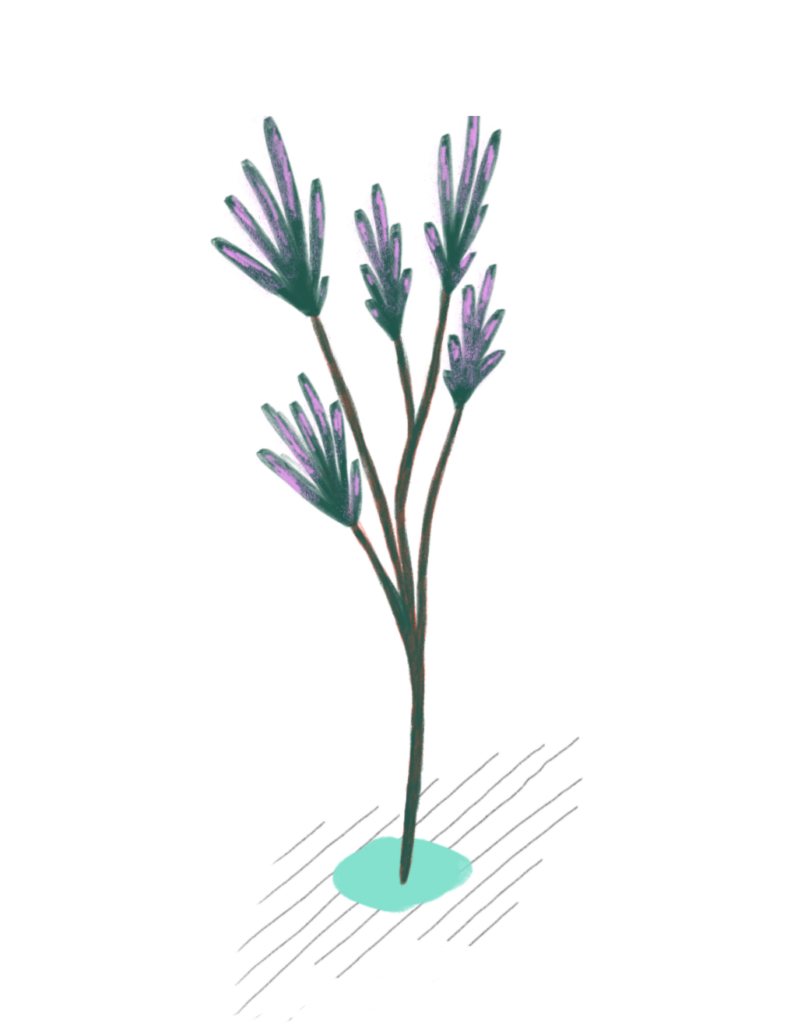
“Our client is one of them and we make sure that in the coming years, they do not face any financial difficulties. As a bank, Rabobank has a big client base – in agriculture, too – so they made it possible that in three years’ time, the farmer would have a launching customer for his organic produce.
That way, the customer has their supply ensured, while the farmer can make the transition on a financially sound basis. With the right knowledge and by leveraging their network, Rabobank enables their clients to the next step in their business without much risk or difficulty. “We need to make sure that we keep having the right discussions with our clients,” both Serat and Önder agree. “We have established a good base level for sustainability and now is the time to make it part of our and our clients’ DNA.”
Illustrations: Janneke Wing
Author: Mina Nacheva

